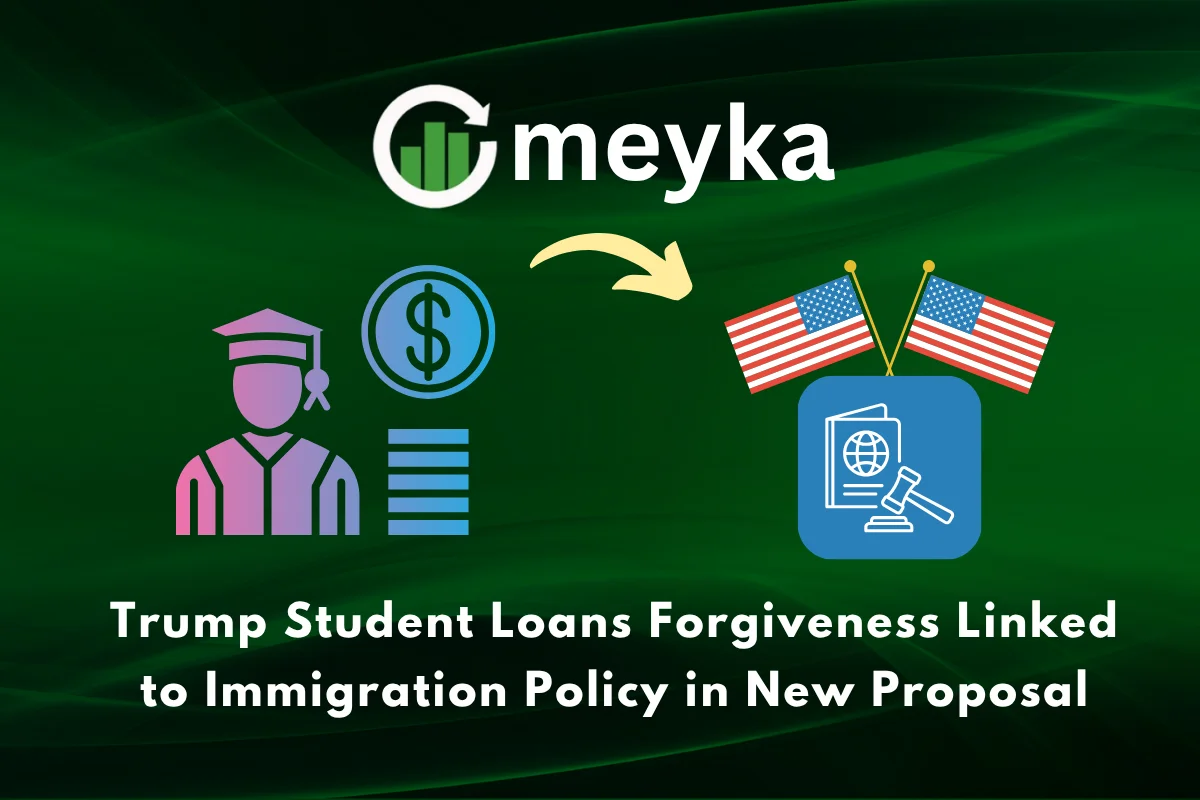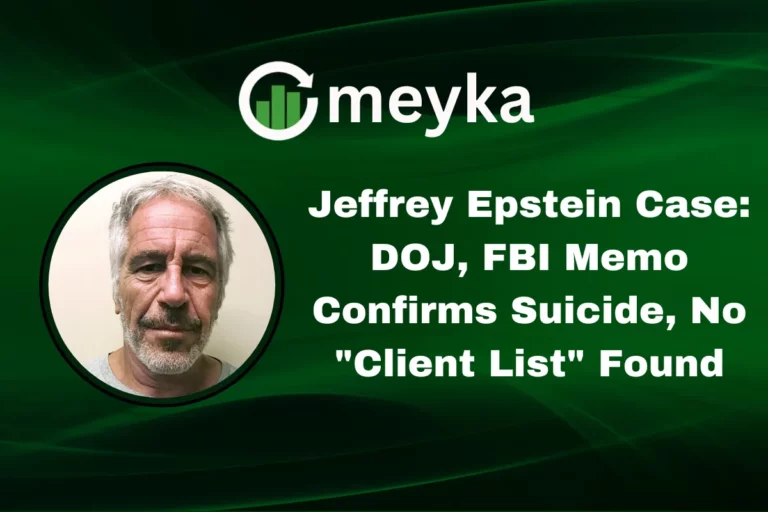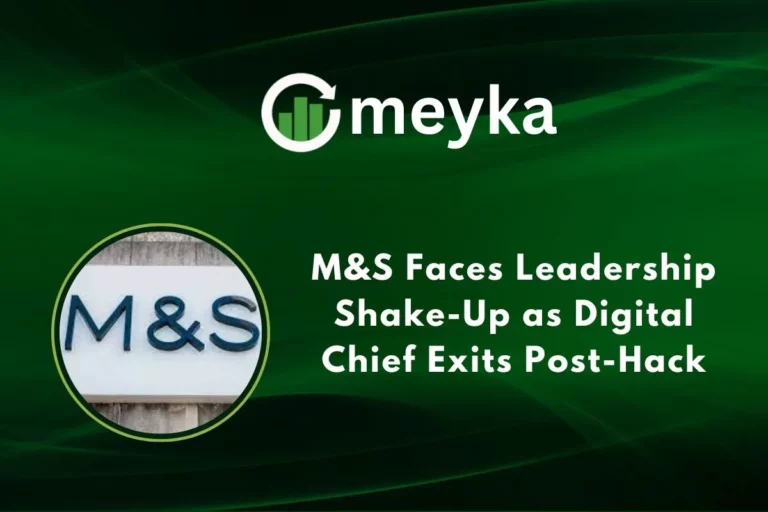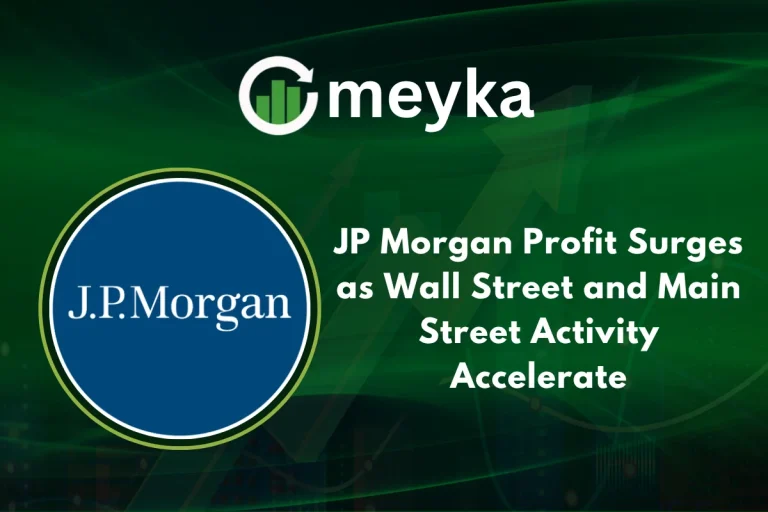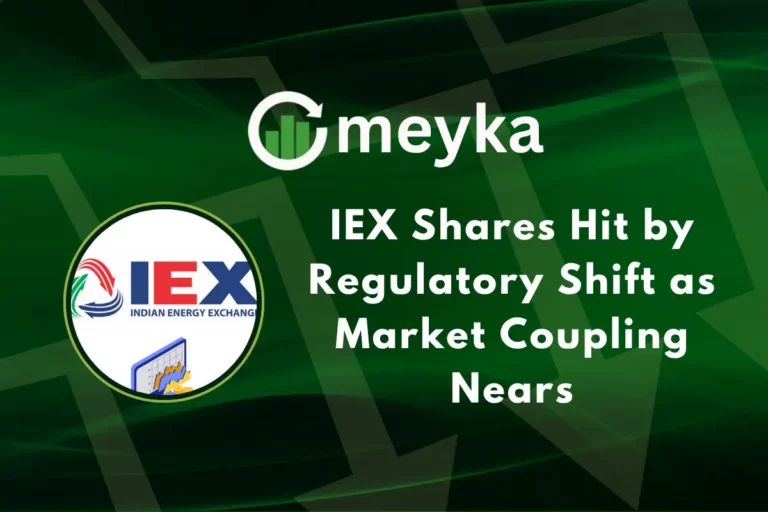Trump Student Loans Forgiveness Linked to Immigration Policy in New Proposal
In a striking policy move, the Donald Trump administration has linked the eligibility for student loan forgiveness, particularly through the Public Service Loan Forgiveness (PSLF) program, to immigration-law compliance of non-profit employers. This bold association has sparked intense debate over fairness, legality and the broader impact on public service workers. We examine how this policy functions, its implications, and what it means for borrowers seeking relief.
What the New Proposal Says
The Department of Education recently issued a final rule that revises who qualifies as a “qualifying employer” under PSLF. Under the new rule:
- Employers that engage in activities deemed to have a “substantial illegal purpose” may be disqualified from the program.
- Activities cited include aiding and abetting illegal immigration, providing certain gender-affirming care to minors, or supporting organizations listed as terrorist groups.
- The rule takes effect on July 1, 2026, and applies to employer activities after that date.
- This linking of student loan forgiveness (via PSLF) to an employer’s immigration or legal compliance status marks a major policy shift.
Hence, the keyword “trump student loans forgiveness” takes on a new dimension: not simply forgiveness of debt, but the conditionality of that forgiveness based on an employer’s role in immigration-related or other contested activities.
Why the Administration Is Doing This
The administration argues that taxpayer money should not subsidize organizations that violate federal laws. According to the official press release:
“Taxpayer funds should never directly or indirectly subsidize illegal activity. The Public Service Loan Forgiveness program was meant to support Americans who dedicate their careers to public service – not to subsidize organizations that violate the law…” U.S. Department of Education
By embedding immigration policy into student loan forgiveness, the Trump administration is sending a message that public service benefits are tied to alignment with specific legal and policy standards.
Who This Affects
Borrowers in Public Service
Individuals working for nonprofits and government entities have historically relied on PSLF to eliminate federal student loan burdens after ten years of qualifying payments and employment. Under the new rule, if their employer is disqualified, their path to forgiveness is at risk.
Nonprofits and Public Sector Employers
Nonprofit organizations that provide services related to immigration, refugee resettlement, legal representation for undocumented persons, or other advocacy work may face disqualification. The rule allows the Secretary of Education to determine eligibility based on evidence.
The Keyword Impact
Within this context, Trump student loans forgiveness becomes not only about debt cancellation but also about the nexus between loan forgiveness and immigration policy compliance.
How the Policy Works in Practice
When a borrower begins employment with a qualified employer, they make 120 monthly payments while working full-time for that employer. Under the new rule:
- If the employer is later determined to engage in disqualifying activities, the borrower’s prior months of service under that employer may no longer count toward the 120-payment threshold.
- Employers can appeal these determinations, and if barred, they may apply for re-eligibility after fulfilling a “corrective action plan” or after 10 years.
- The connection between the employer’s immigration-law compliance and the borrower’s eligibility is novel in student loan policy history.
What Went Wrong – and What Critics Say
Critics argue that this policy creates large uncertainty and risk for public service workers and nonprofits. Concerns include:
- The determination of an employer having a “substantial illegal purpose” is vague and gives wide discretion to the education secretary.
- Nonprofits may shy away from immigration or social-justice work out of fear of losing eligibility.
- The program’s original aim, to encourage service in lower-paid public roles, may be undermined if employees flee risk or the field.
In short, while the intent is framed as protecting taxpayers, the execution has potential negative consequences for public interest employment and the stability of loan-forgiveness programs.
Product Availability – In This Case: Forgiveness Availability
While this isn’t a retail product, the availability of the forgiveness benefit is impacted:
- For borrowers working in eligible roles at eligible employers, the benefit remains.
- For those whose employers become disqualified under the rule, the benefit is effectively revoked.
- The timeline matters: any employer activity on or after July 1, 2026, may trigger disqualification. Earlier service remains unaffected, in theory.
Thus, the availability of student debt relief via PSLF now depends on the employer’s compliance with immigration and legal standards, a major shift in availability.
Post-Show Update: What Happens Next
The new regulation is already facing legal challenges, with advocacy groups pledging lawsuits. The key upcoming steps:
- Employers and borrowers are being urged to evaluate their eligibility and risk exposure immediately.
- The education department may publish guidance and interpretive rules to clarify what constitutes disqualifying behavior.
- Borrowers nearing forgiveness should monitor their employer’s status to ensure continuity.
- Policymakers and watchdogs will watch court outcomes closely, since this is a landmark intersection of loan forgiveness and immigration control.
For those tracking Trump student loans forgiveness, it means that the traditional narrative of debt relief is now entwined with compliance and eligibility scrutiny. Borrowers and nonprofits must adapt to this new reality.
Conclusion
The linkage of student loan forgiveness to immigration policy under the Trump administration marks a major shift in federal loan strategy. It represents a transformative change in how forgiveness programs are structured. By tying eligibility to an employer’s adherence to immigration law and other legal standards, the policy increases the risks for borrowers. It also introduces a new dimension to the familiar theme of “trump student loans forgiveness.” We will monitor how this plays out in courts, in public-service employment, and for the millions of Americans reliant on student-loan relief.
FAQs
No. The rule specifically affects the Public Service Loan Forgiveness (PSLF) program’s definition of qualifying employers. It does not apply to all forms of student-loan forgiveness or repayment plans.
The rule becomes effective on July 1, 2026, and affects employer activities thereafter. Service before then is generally unaffected, though new determinations can impact eligibility moving forward.
Employers should review whether their activities might be construed as aiding illegal immigration or other disqualifying behavior. Borrowers should verify their employer’s PSLF status and monitor any changes that could jeopardize their path to forgiveness.
Disclaimer:
The content shared by Meyka AI PTY LTD is solely for research and informational purposes. Meyka is not a financial advisory service, and the information provided should not be considered investment or trading advice.
